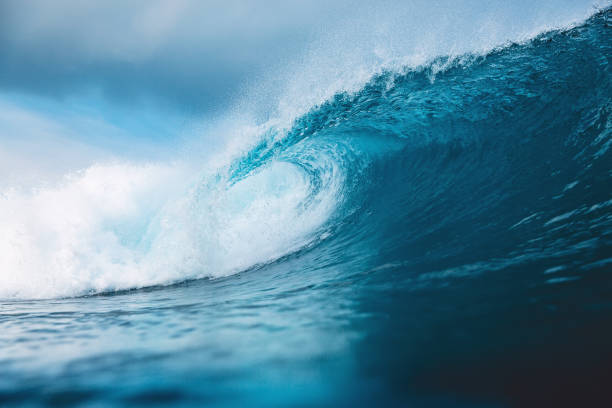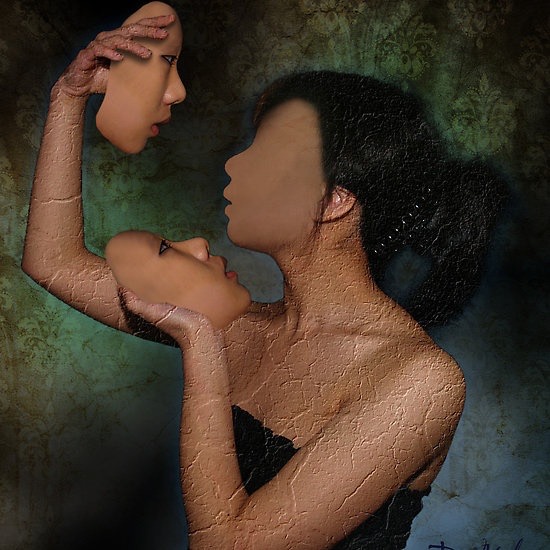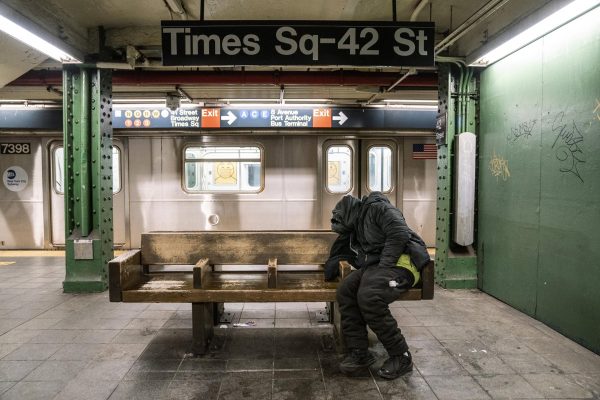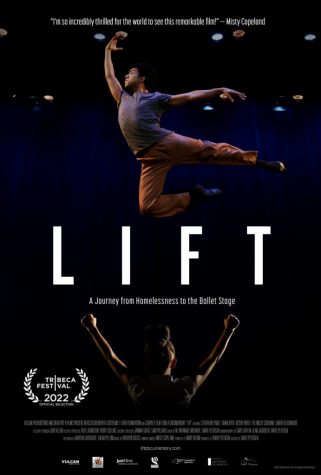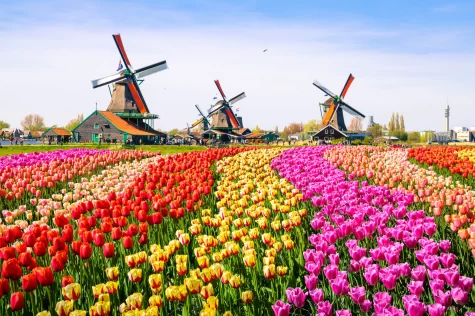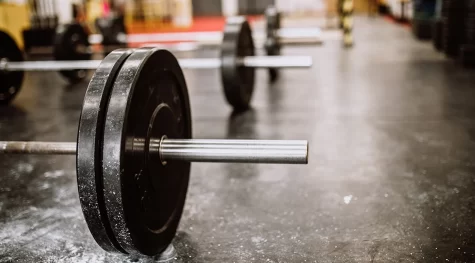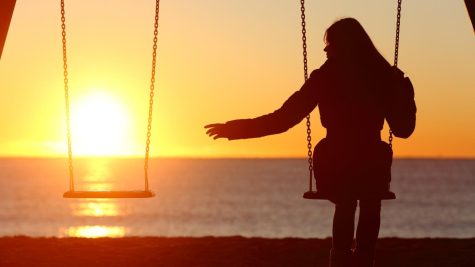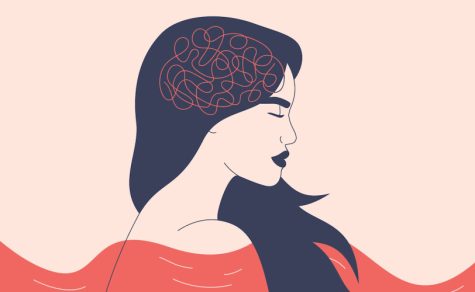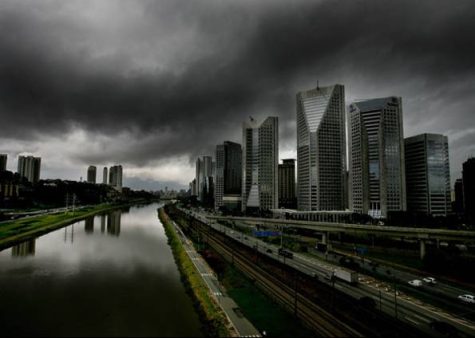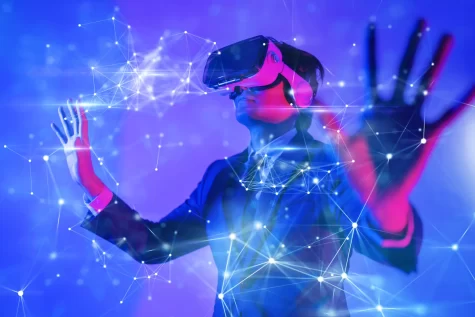A Fight Against The Ocean
I could feel my blood rushing and my lungs getting heavy. The sound of my heartbeat was so loud and fast that I could feel it throbbing in my ears.
How ironic.
Once I got into a foolish debate with my friend about what would be more painful, a burning death or a drowning death? Is this it? I was there with that same friend, and we were about to experience one of the two options.
Let’s find out.
We were a few feet apart from each other. I could hear her crying out, “Nicole! Nicole! Help!”
Everything moved slowly like a beautiful tragedy. I wondered if anyone could see me struggle while I watched everyone on the shore enjoy a 98-degree day on Rockaway Beach. We were too far away for them to notice. I could also see the signs. I ignored them.
“Swim at your own risk.”
“High-tide area warning.”
A memory of my mother boasting about her kids swam past me. It was her bragging about her kids taking swimming lessons because she never learned, and she was going to make sure that’s the first survival skill her kids were going to learn. “They’re not Olympic swimmers, but at least they won’t drown and die.”
Mae, if only you could see me now.
***
I was five years old when my siblings and I started swimming lessons, in a small gym in Campo Limpo, São Paulo. I can still feel the overwhelming smell of chlorine slap me in the face every time I think of walking through the doors of Academia Pereirão. They had a small pool with only two lanes, and at the time it was the biggest pool we’d ever seen.
My siblings and I get together and crack jokes at how schlocky the place was, and that one time when the gym gave us identification cards with our names and photos, Marjorie, Marcelo, and Nicole, they had put a v instead of a c in my name and for years that name stuck with me.
But it was all my mother could afford, and she made sure we attended those lessons every week. She would leave at six in the morning to work as a nail technician and take the overcrowded bus back to make it on time to take us, not the typical beeline on-peak type of overcrowding, but the Campo Limpo peak, where if she lifted her arm she would lose the space she had to put it back down.
It was on those bus rides that she would dream of moving to the United States, she would dream of us going to college and fulfilling our lives in New York, but my father didn’t want the same things. He stayed in Brazil.
Now I was 23 years old, living part of my mother’s dreams and my own, and I was about to ruin it all. A few semesters away from graduating, with a bachelor’s degree in journalism. With an entire life to live ahead of me, my dream career, my goals of traveling the world, of marrying the one, and starting a family of my own.
I wanted my mother to see all of it, I wanted her to see me walk on the stage and later walk me down the aisle.
I was too young to be buried, and my mother too young to lose a daughter.
***
My mother was at work, and all I thought about was how terrible it would be when she wouldn’t hear from me. I was supposed to pass by her job afterward to say hello.
“Don’t go too deep into the water, you can’t trust the ocean!” she would yell at me.
All the swimming lessons never prepared me for this day.
What about my siblings? I was texting my sister just a few minutes before.
How would it be when they found out? How would they find out?
I was panicking. If these waves don’t kill me, my thoughts might.
I looked at my friend again and wanted to know what she was thinking at that moment. Did she also know she was about to die? I never got this close to staring death in the face.
The waves took me back to AB Davis Middle School, in the inner suburbs of New York City, when I first met her, I was vividly seeing her bright green Angry Birds sweater, which was Kadiatou.
My broken English self butchered her name so badly, but she never cared, she knew what it was like to be an outsider.
Just days before I had asked her, “Do you still have that sweater?”
She wore it every single day to school.
She replied, “I think my parents have it somewhere in Mali.”
I said to her, “I want that sweater framed and I’ll hang it in my house one day, I want my kids to see The Angry Birds Kadiatou legacy.”
We both laughed.
We were back in the ocean.
In a faint voice, she yelled out to me again. “Nicole, I need help!”
I turned to her, but I was too shocked to speak, and my lungs made it too painful to move. That day I realized, worse than death, is watching your best friend cry out for help and not being able to do anything.
I wish I could have helped, but I couldn’t even help myself.
***
I was back with my thoughts again. Breathe, I could hear Franklin, saying in my mind, breathe…, and try to follow the current. “It will overpower you, so the more you fight, the more exhausted you will feel.” That was my stepfather’s voice in my head. He was telling me not to panic, “it will make you drown quicker.”
I never called him my father, and we had a difficult time bonding. He was raised in the wilderness, and I was raised in a big city. But during summer vacations when my family went to the beach, we were the only two that liked to go far into the ocean.
“When a wave is heading to the shore, that’s when you follow it,” I remembered him telling me once.
My mother met Franklin years after we arrived in Mount Vernon, New York A small city filled with a Brazilian community. She had split from my father, who wanted nothing to do with us, so he stayed back in Brazil. He wasn’t a fan of change.
Franklin looked a lot younger than my mother, with a ten-year difference in age, and no children, but he fell in love with her and was ready to step in and fill in the responsibilities.
He taught us how to be better at swimming, taught us how to drive, and how to stick up for ourselves. All of the important roles a father should have, he filled all of them.
I was back with my thoughts again. Breathe, I could hear Franklin, saying in my mind, breathe…, and try to follow the current. “It will overpower you, so the more you fight, the more exhausted you’re going to feel.” That was my stepfather’s voice in my head. He was telling me not to panic, “it will make you drown quicker.”
I feel like I never appreciated him as much as I should have, and in that moment of desperation, the ocean was trying to teach me a lesson.
“When a wave is heading to the shore, that’s when you follow it,” I remembered him telling me once.
***
I could see Kadiatou fading, and by a strange miracle, a surfer appeared right next to me, on a bright red surfboard. He asked me if I needed help.
“No. Please go help my friend.” I was in a fighting match with the ocean and with my pride. I wasn’t going to go down so easily.
I was learning.
I saw him carrying her away on the surfboard and at that moment, I began to fight harder. I was pacing my breath, I wasn’t panicking anymore, and I was following the current. My toes could feel the sand again. I was winning. The waves no longer tugged at me, I had reached the shore. I won.
Once we both sat down in the sand, we sat in silence for a few seconds.
Taking in everything that had just happened, everyone around us was still unbothered, a couple a few feet away sat reading, and children playing by the shore carried their buckets filled with sand and water.
Only we knew what happened, and the surfer. For him, it was something that happened casually. My friend had fallen in love with him, for he had just saved her life.
“I should offer to take him out to dinner. I owe my life to him.”
We laughed nervously at how lucky we got.
She then asked me, how were you able to make it out by yourself?
I thought long and hard, reflecting on everything that had happened,
“My father taught me how to fight the ocean.”
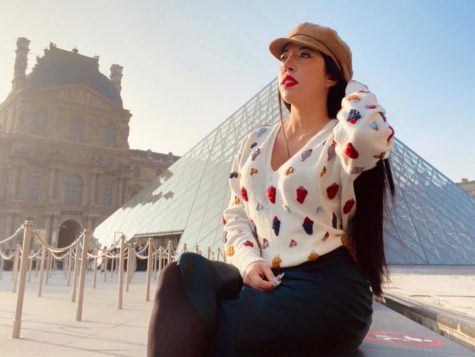
Nicole Alarcon is a senior at Mercy College, majoring in journalism. Born in São Paulo, Brazil, she moved to the United States at 10-years-old.
Nicole...



